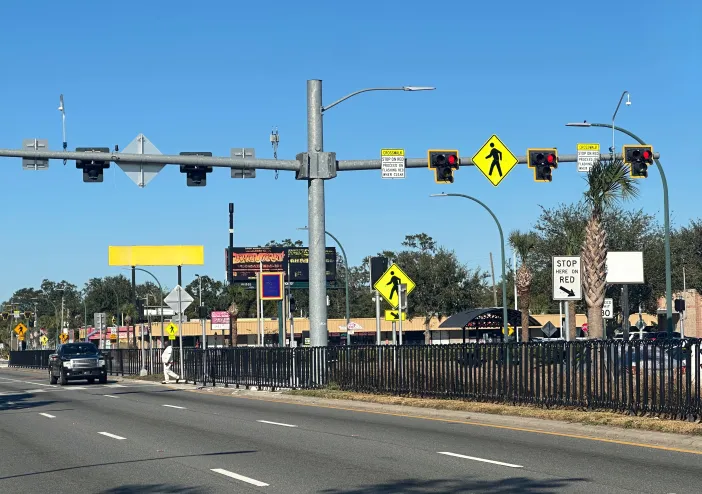US traffic management specialist
The company’s ATMS.now transportation management system and connected vehicle module, currently installed in the City of Frisco, is streaming real time system and intersection data to connected vehicle techn0ology provider
Organised by the North Central Texas Council of Governments and in cooperation with the City of Frisco, live vehicle demonstrations of the technology will be part of the Texas Chapter of Intelligent Transportation Society’s 2016 annual meeting being held in the Dallas Fort Worth area.
The demonstration showcases technology that has been in development for almost a decade. TTS worked with the City of Frisco to supply and connect the city's ATMS.now connected vehicle module and deliver real-time traffic signal information, which is used in TTS’ patented process to predict traffic signal state changes. TTS delivers the SAE J2735 SPaT and MAP messages to customers, who then deliver the selected information to the vehicle using cellular communications.
The demonstration will showcase an Audi connected vehicle application communicating with the traffic signal infrastructure and ultimately demonstrate how the technology can improve the way a motorist operates a vehicle and to enhance their driving experience. Drivers will experience two connected vehicle applications: time-to-green and reduced speed recommendations. The applications are used by Audi for its Traffic Light Information service starting in 2017 models.
Trafficware provides technology for connected vehicle demonstration
US traffic management specialist Trafficware is taking part in connected vehicle demonstrations of vehicle to infrastructure (V2I) applications in the Dallas area, Texas. The company’s ATMS.now transportation management system and connected vehicle module, currently installed in the City of Frisco, is streaming real time system and intersection data to connected vehicle techn0ology provider Traffic Technology Services (TTS) and automaker Audi.
November 11, 2016
Read time: 2 mins









